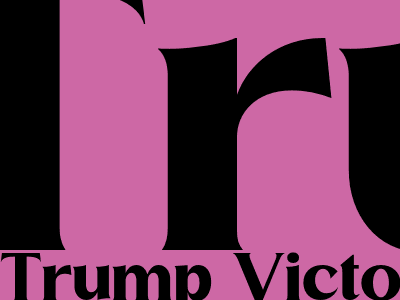
Trump Victory Puts Clean Energy Incentives in the Crosshairs
Clean Energy Incentives Face Uncertain Future as Trump Takes Office
The election of Donald Trump has cast a cloud of uncertainty over the future of clean energy incentives in the United States. Trump has repeatedly expressed skepticism about climate change and has pledged to roll back environmental regulations.
One of the most significant clean energy incentives is the solar investment tax credit (ITC). The ITC provides a 30% tax credit for the installation of solar energy systems. The ITC is scheduled to phase down to 10% in 2022 and expire completely in 2024.
Trump has not specifically said whether he will seek to repeal the ITC, but his energy plan calls for eliminating "unnecessary and burdensome regulations" on the energy industry. This could include the ITC, which has been criticized by some as being too costly.
In addition to the ITC, there are a number of other clean energy incentives that could be at risk under a Trump administration. These include the wind production tax credit (PTC), the biomass investment tax credit (BITC), and the geothermal investment tax credit (GITC).
The loss of these incentives would be a major blow to the clean energy industry. The ITC alone has been credited with creating hundreds of thousands of jobs and billions of dollars in investment in the solar industry.
Impact of Clean Energy Incentives on the Economy
Clean energy incentives have a significant impact on the economy. They create jobs, stimulate investment, and reduce pollution.
A study by the Solar Foundation found that the solar industry created 260,000 jobs in 2016. The study also found that the solar industry invested $11.5 billion in the U.S. economy in 2016.
Clean energy incentives also reduce pollution. A study by the National Renewable Energy Laboratory found that solar energy can reduce greenhouse gas emissions by up to 90% compared to fossil fuels.
Conclusion
The future of clean energy incentives in the United States is uncertain. The election of Donald Trump has raised concerns that these incentives could be repealed or scaled back.
The loss of clean energy incentives would be a major blow to the clean energy industry and to the economy as a whole. It would also make it more difficult to address the challenges of climate change.